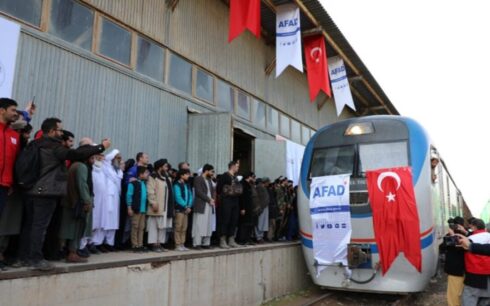KABUL, Afghanistan — Iran and Pakistan expelled 989 Afghan families in the past week, according to data compiled by Amu.
The deportations, which occurred between November 24 and November 30, were described as both “forced and voluntary.”
Iran accounted for 753 of the deported families, while Pakistan expelled 236 families, with most returning to Afghanistan through border crossings in Nangarhar, Kandahar, Nimroz, and Herat provinces.
Among those expelled, 95 families crossed back into Afghanistan via the Torkham border in Nangarhar, while another 141 returned through the Spin Boldak crossing in Kandahar.
In the west, 293 families were deported through the Pul-e-Abrisham border in Nimroz, and 460 families returned through the Islam Qala crossing in Herat.
Previous week’s deportations
This follows the expulsion of 872 Afghan families by Iran and Pakistan in the preceding week (November 16–23). Of those, 676 families were expelled by Iran and 196 by Pakistan, under similar circumstances of forced and voluntary return.
Complaints of mistreatment
Afghan migrants in both Iran and Pakistan have repeatedly alleged mistreatment by law enforcement authorities in these countries. Many report facing “inhumane and degrading treatment” that violates basic human rights principles.
The wave of deportations comes amid growing challenges for Afghan refugees, who have faced increasing pressure in neighboring countries as geopolitical tensions and domestic policies intensify.





